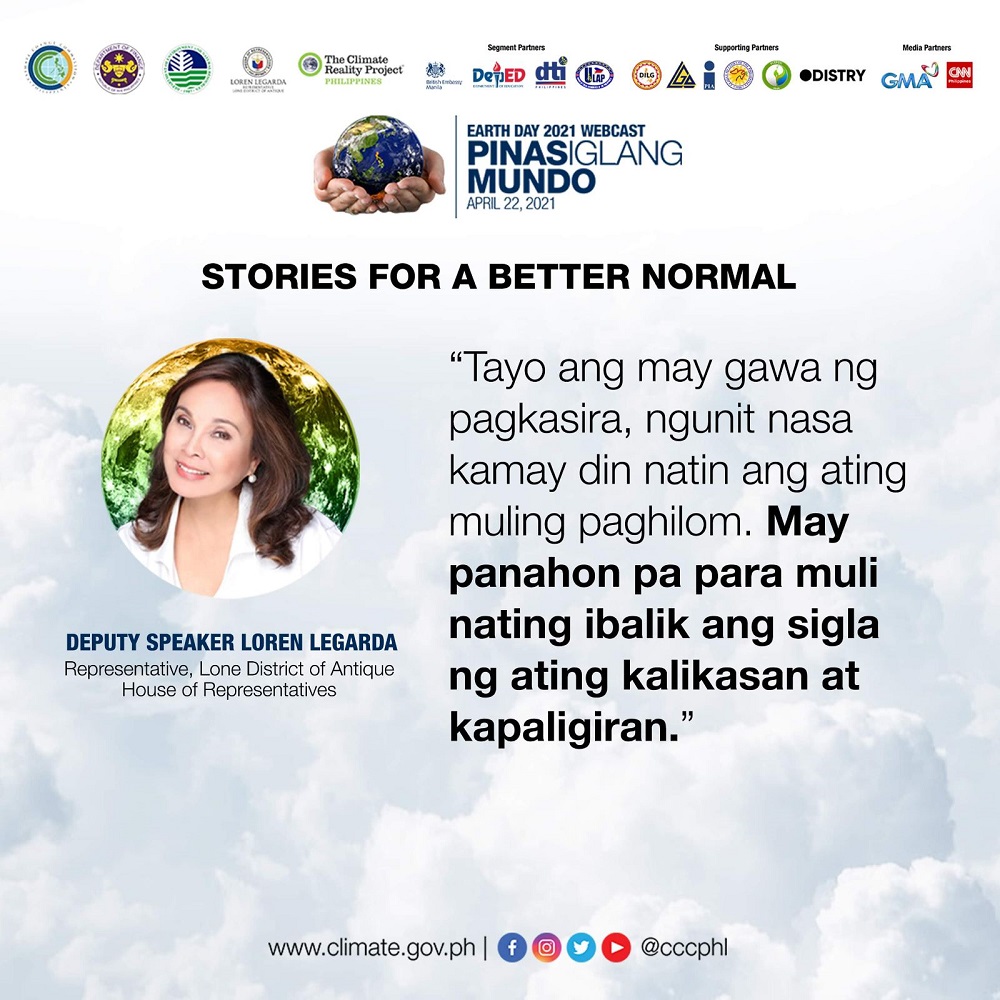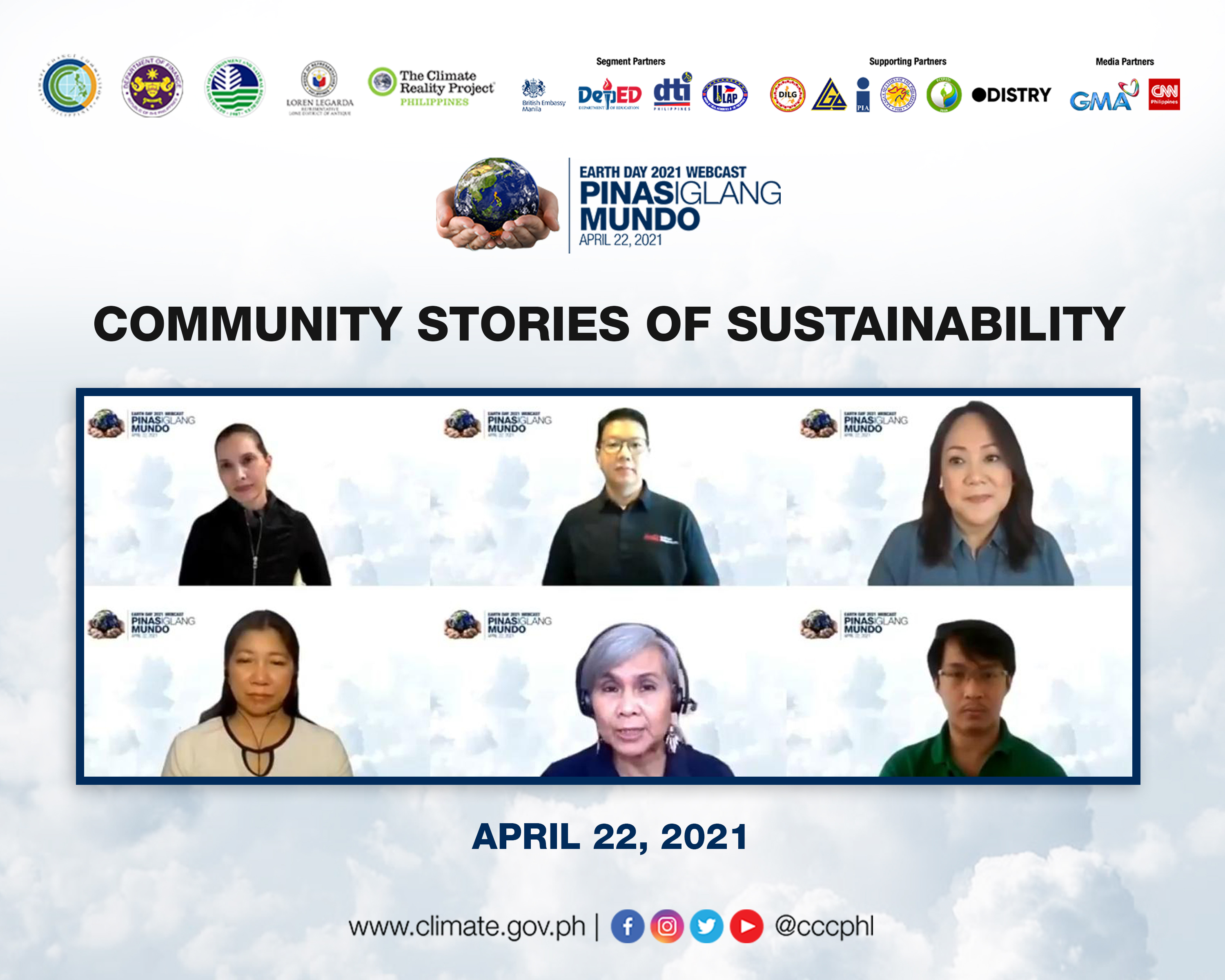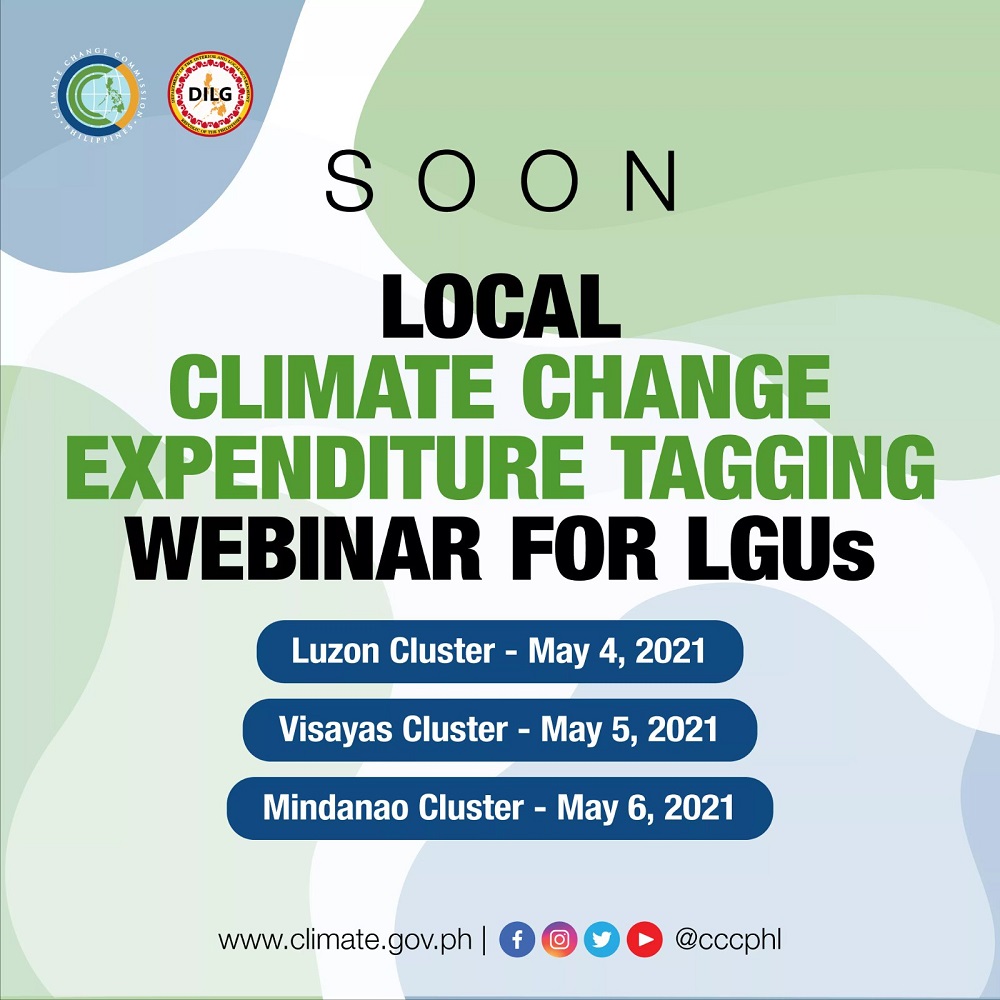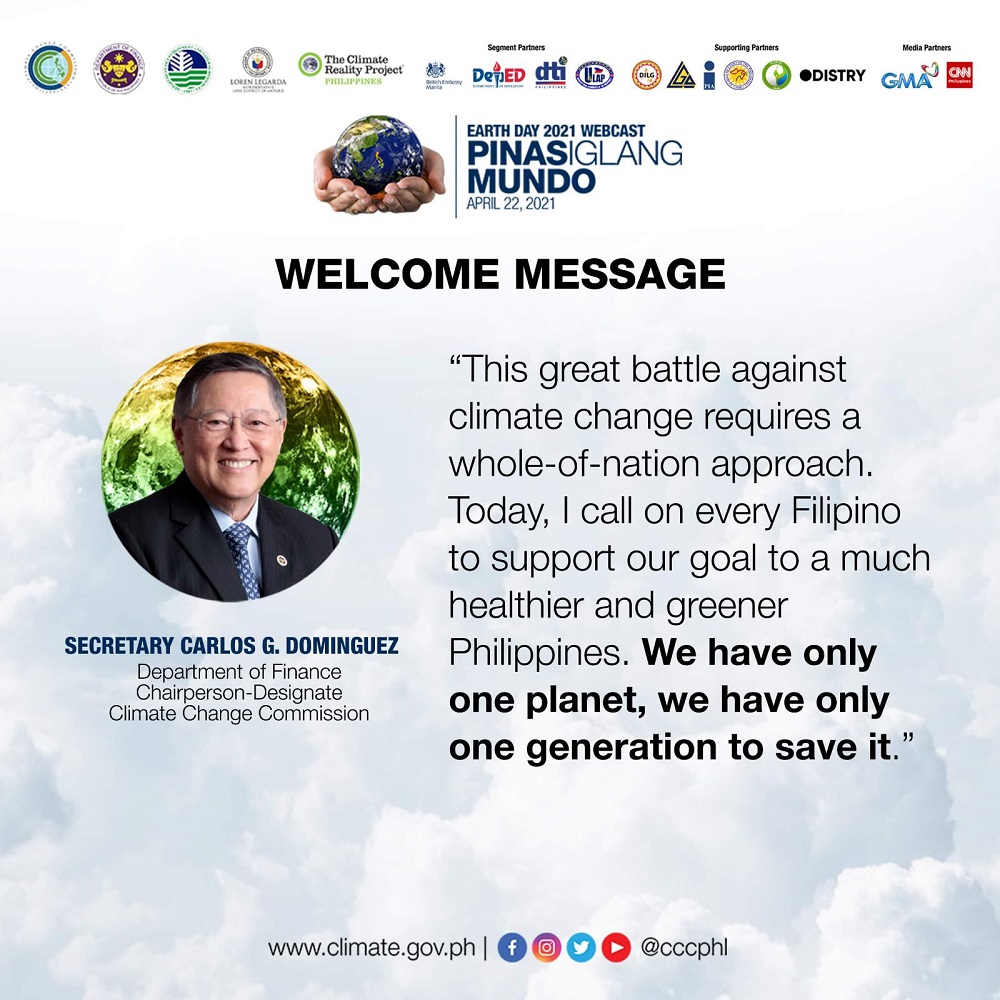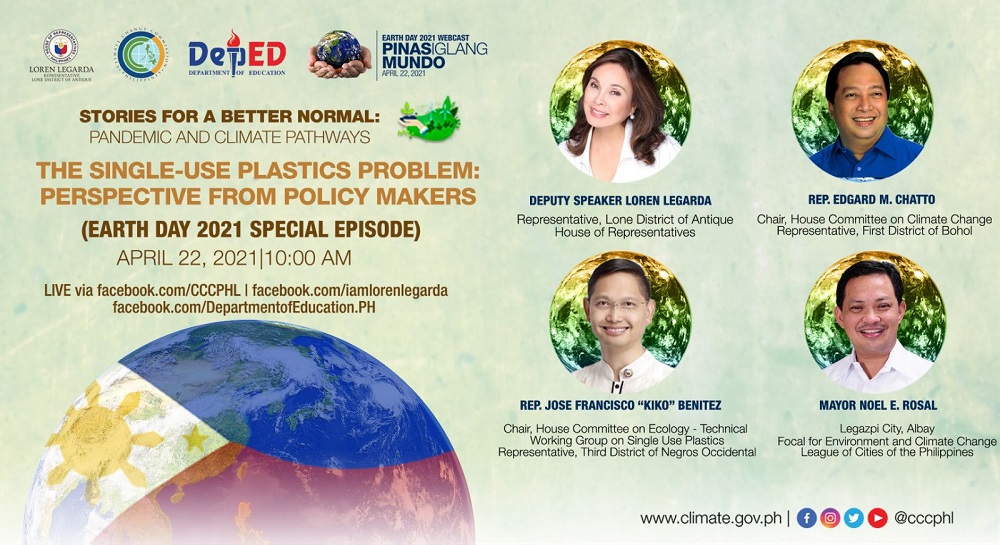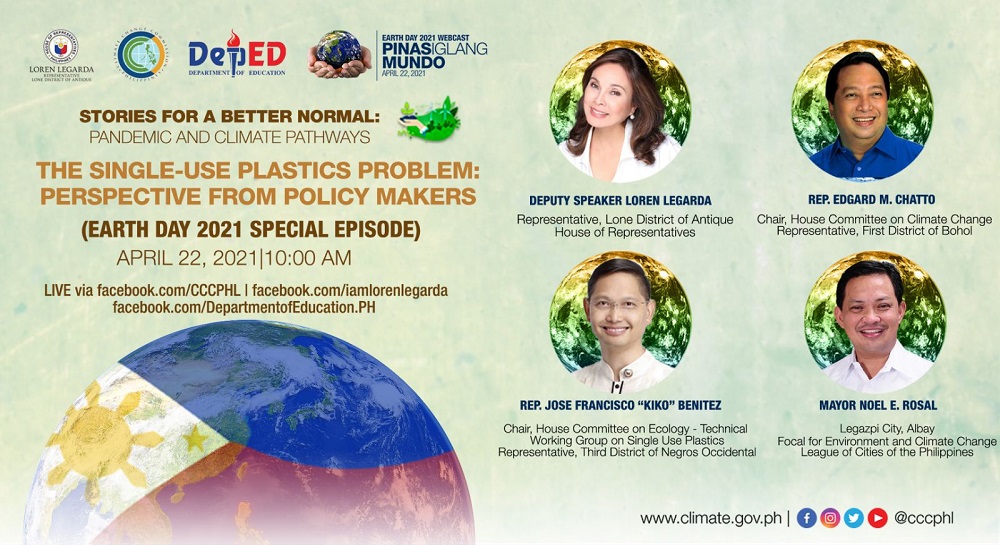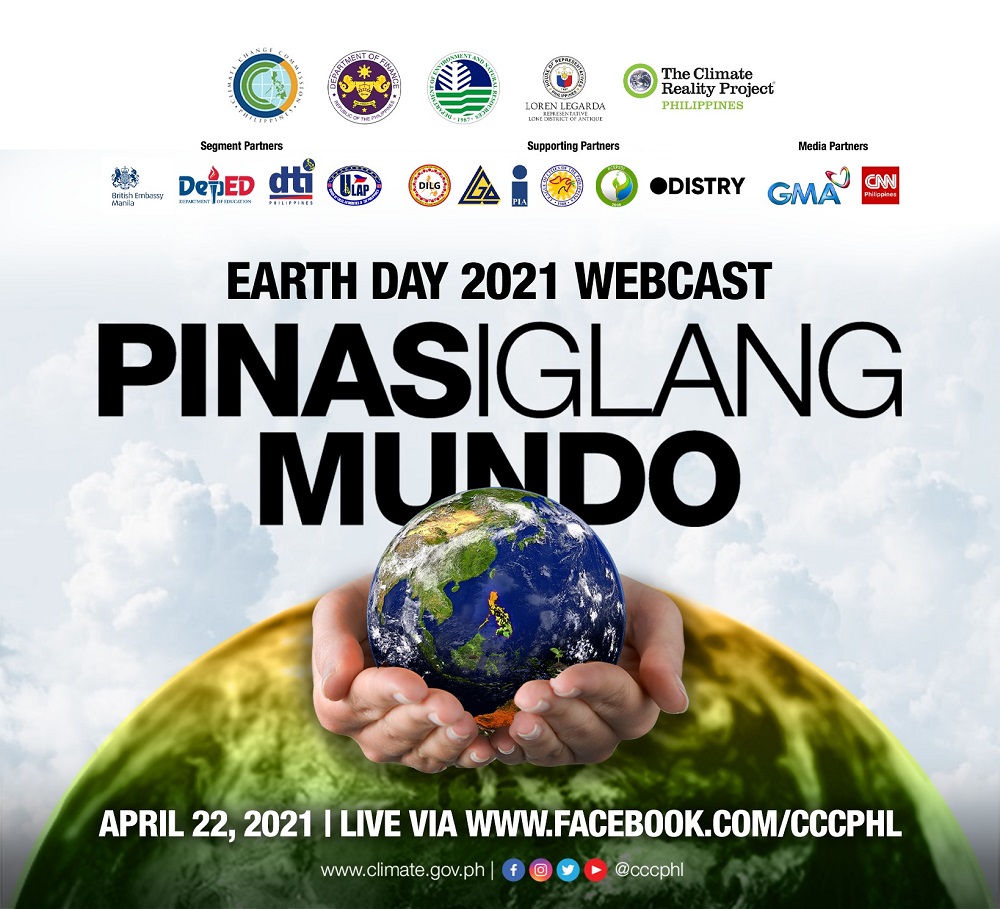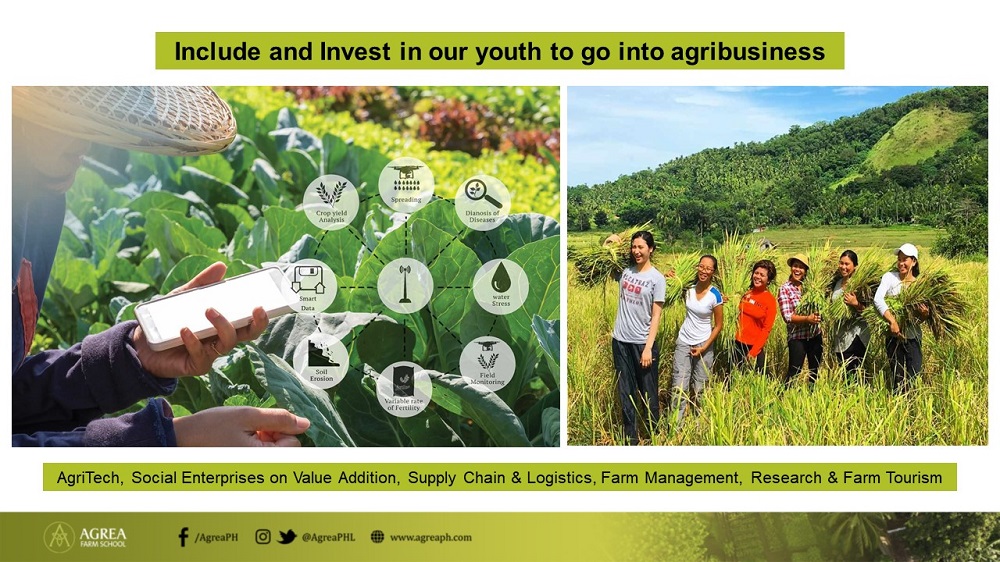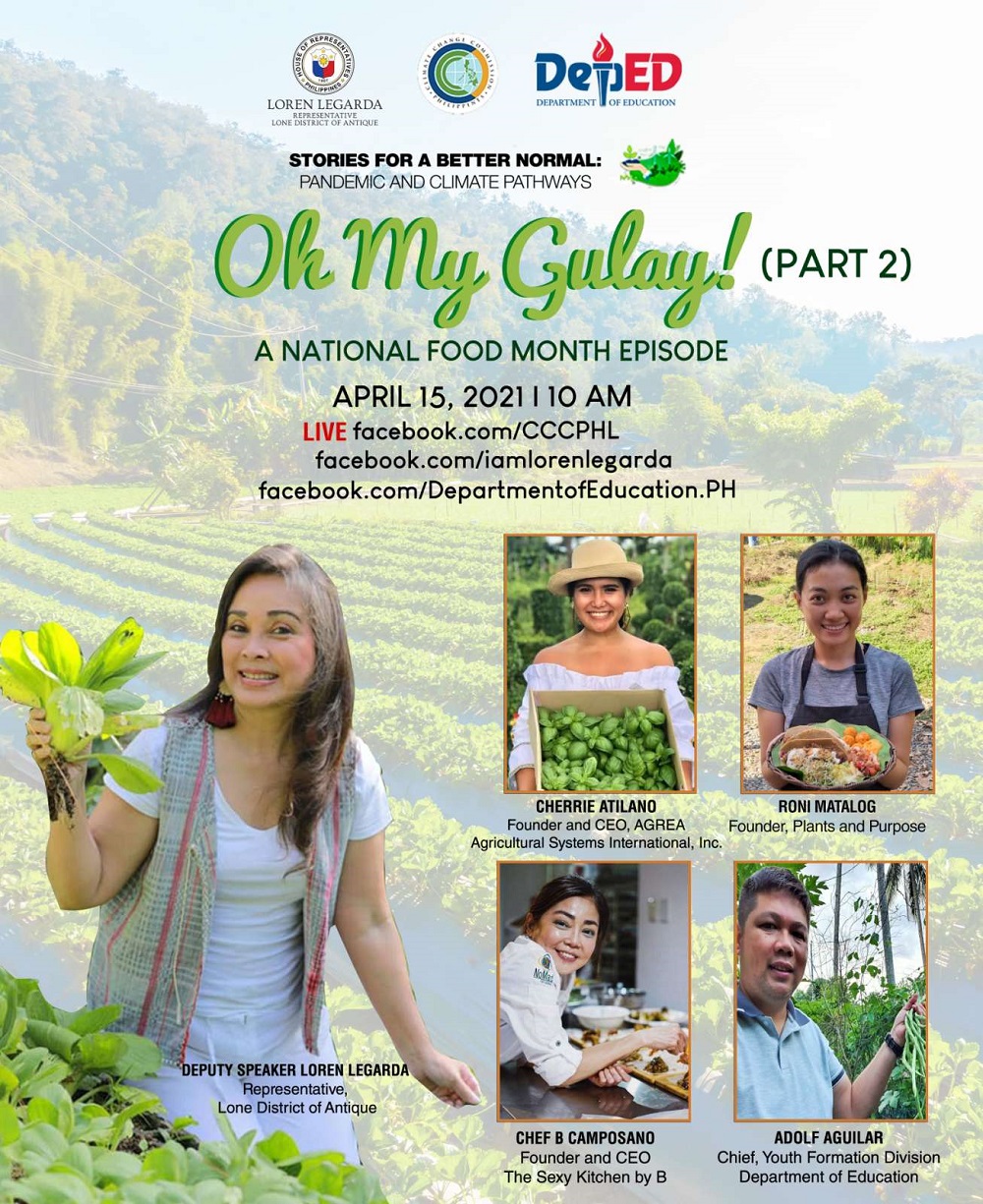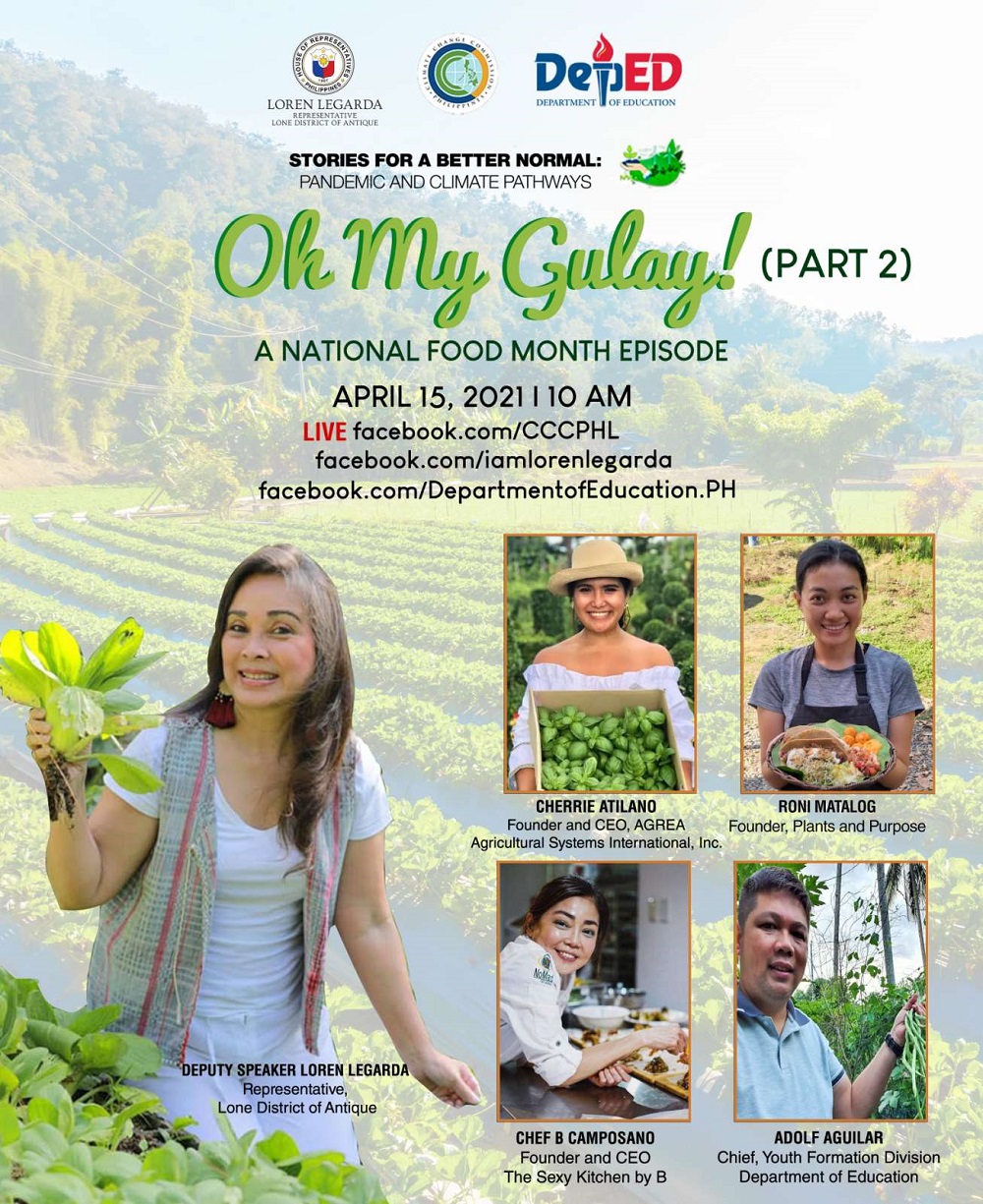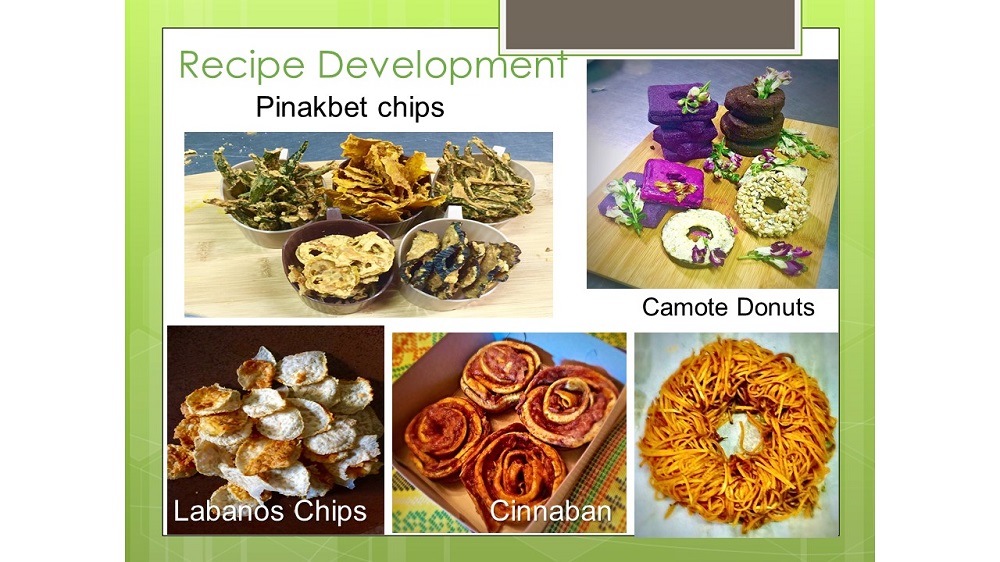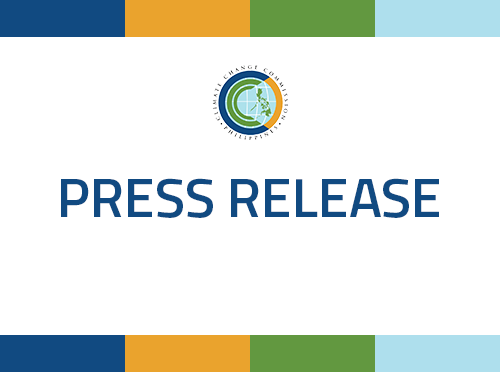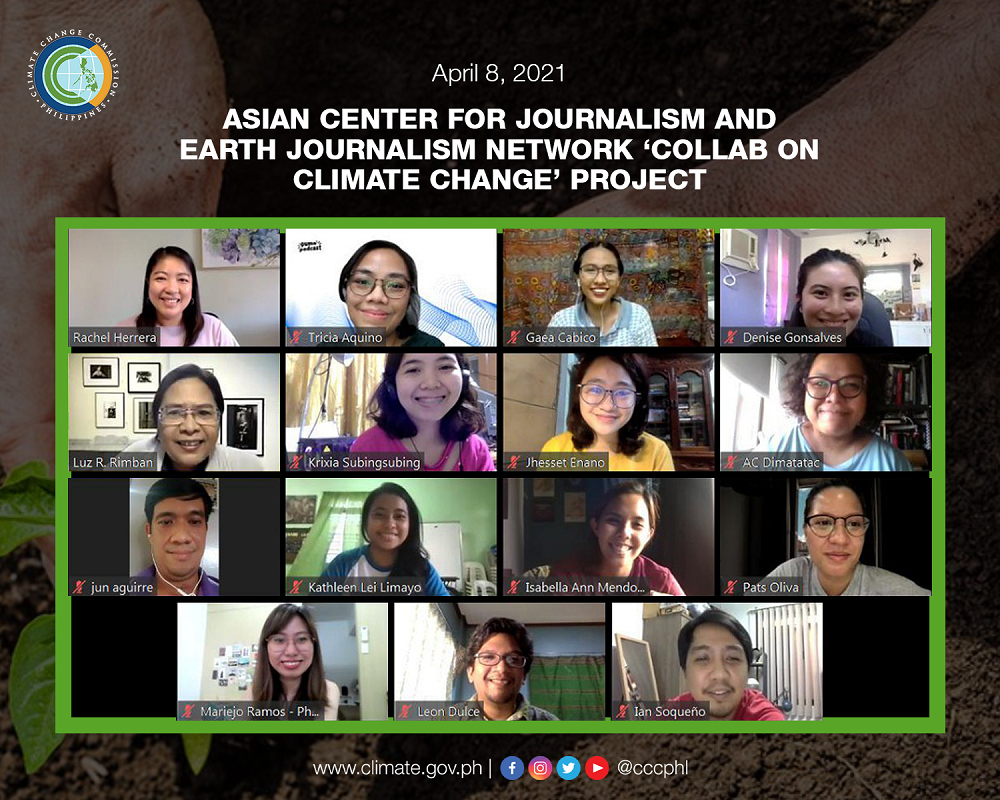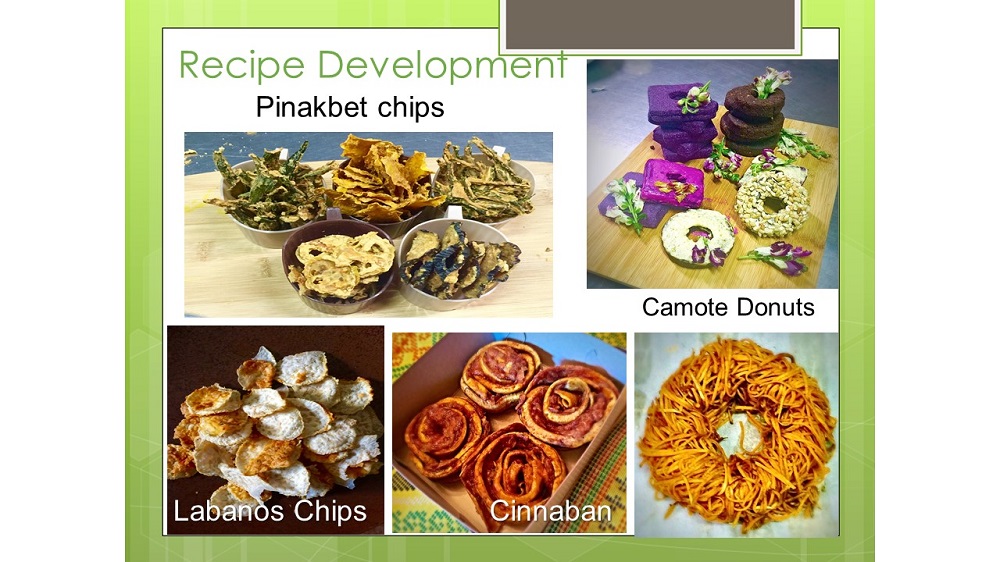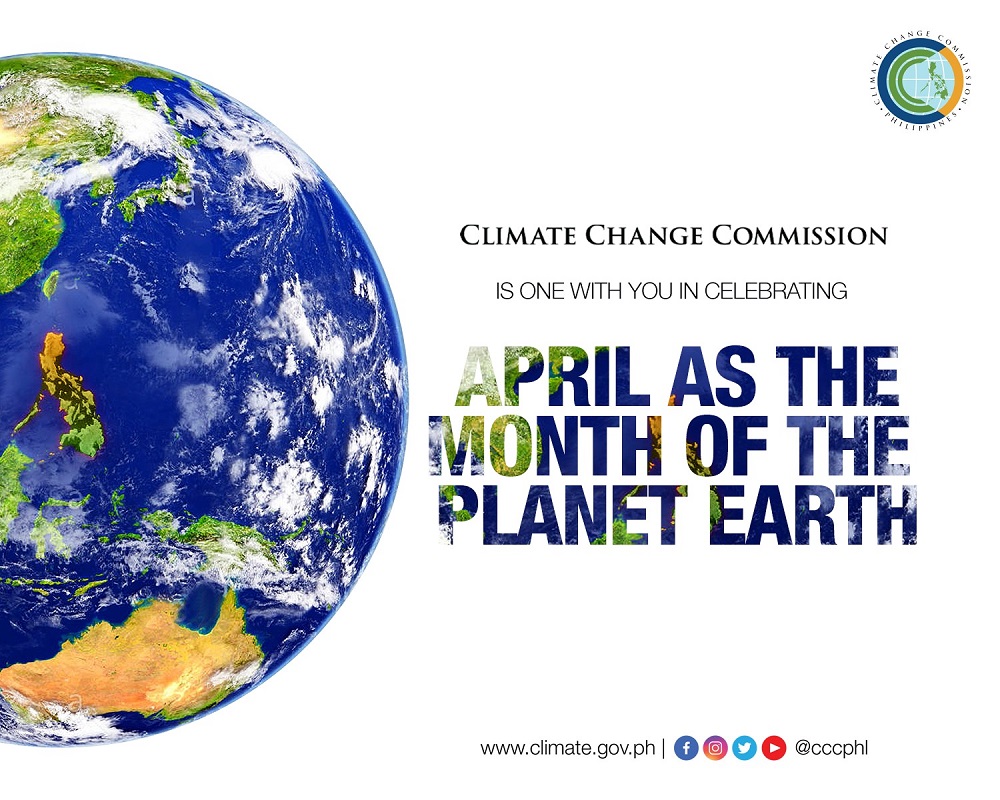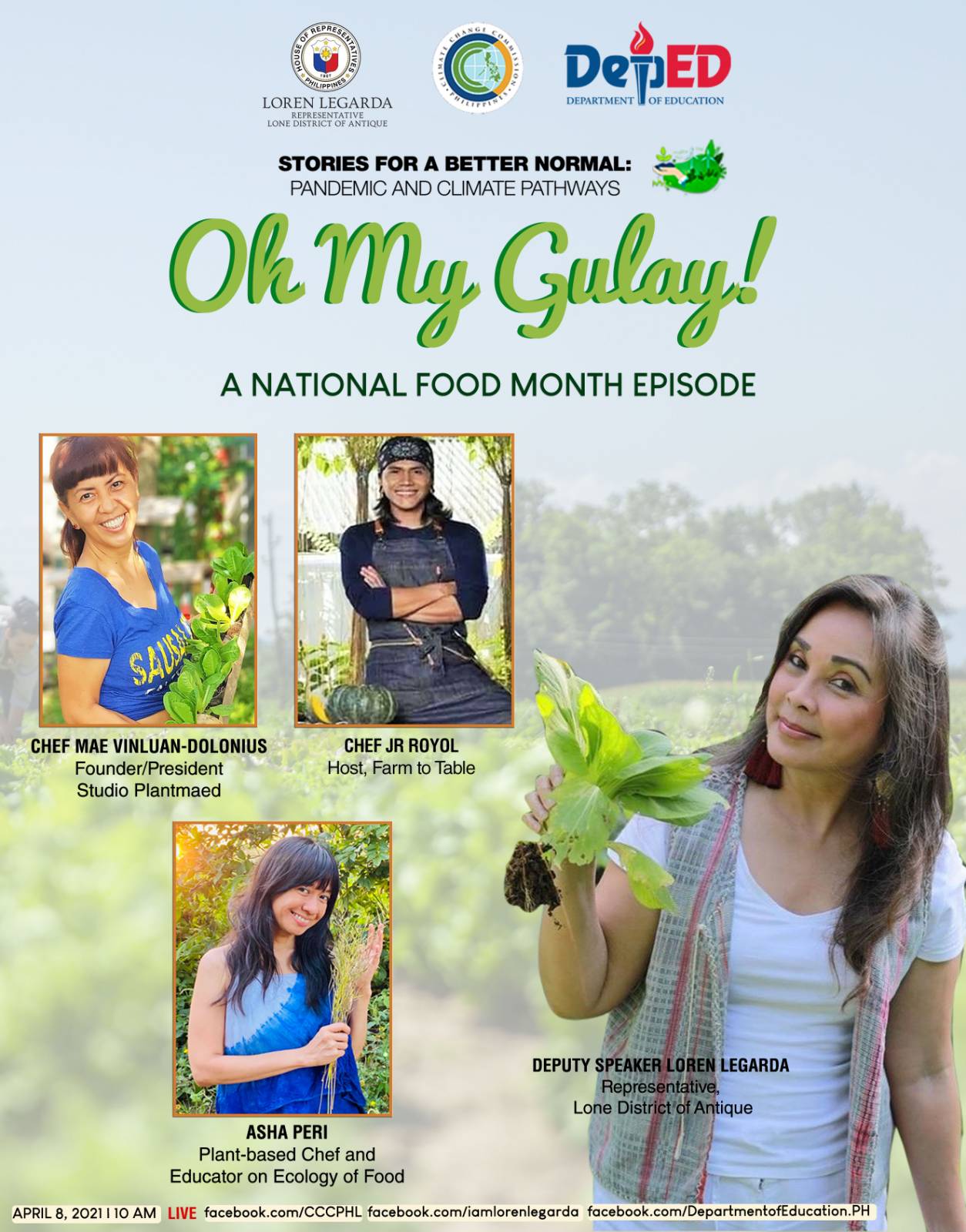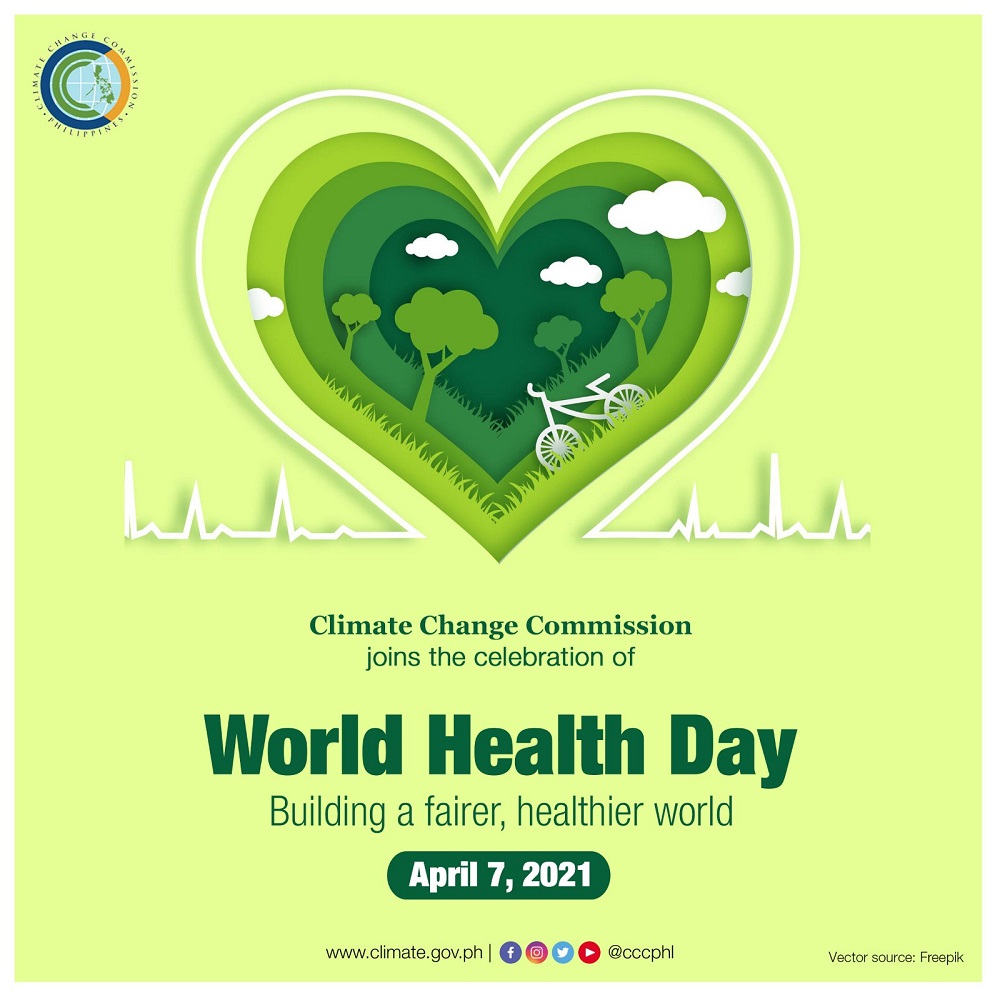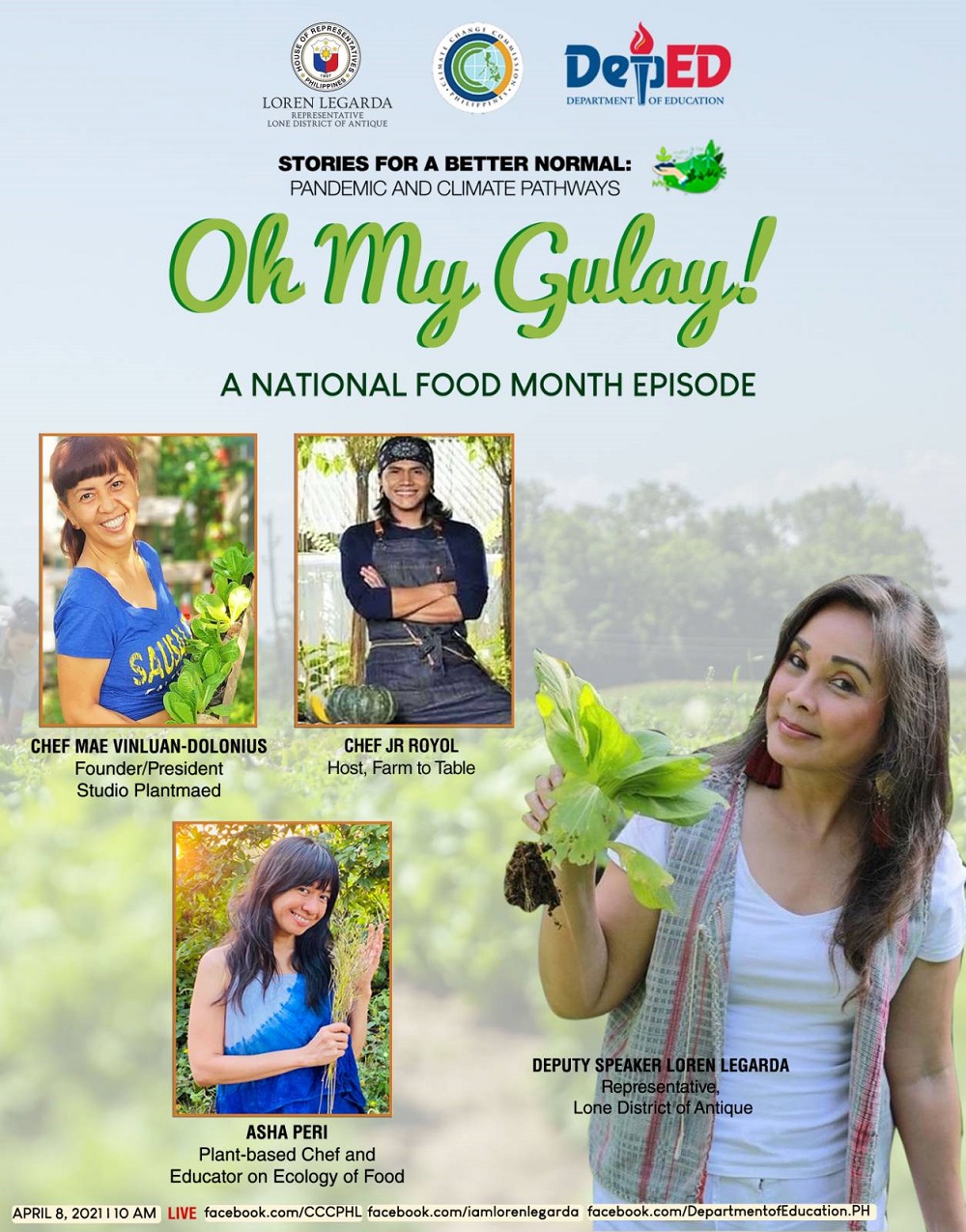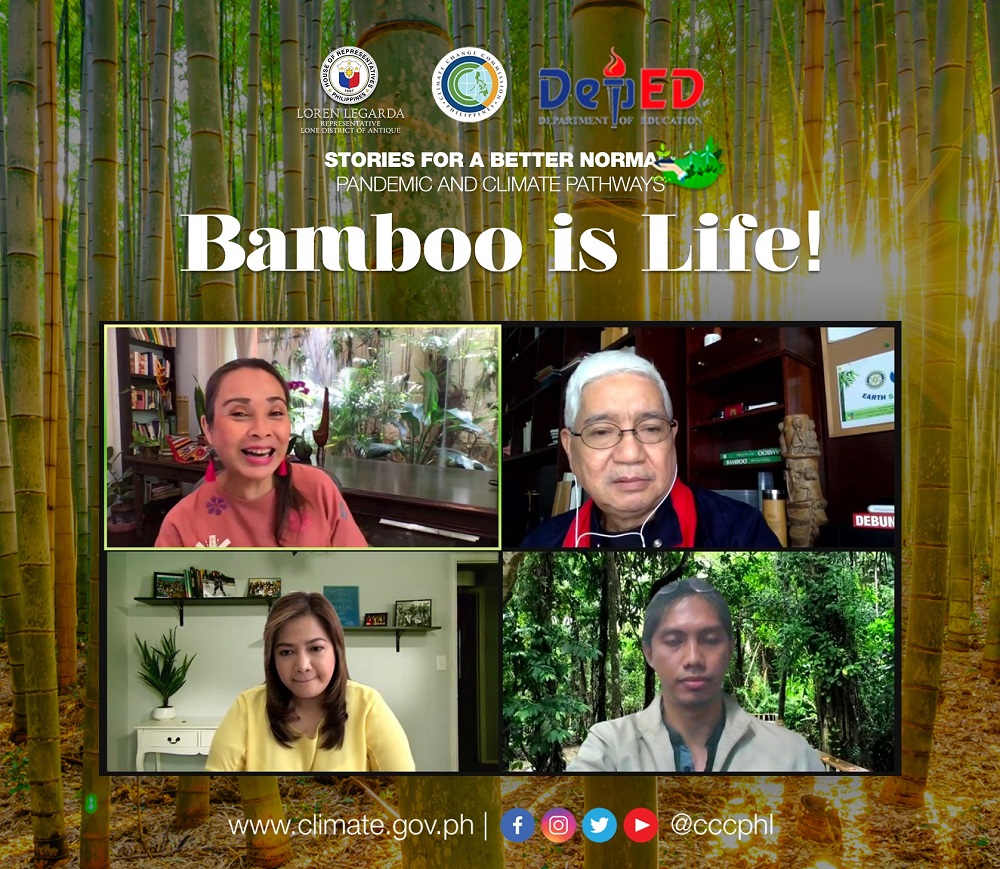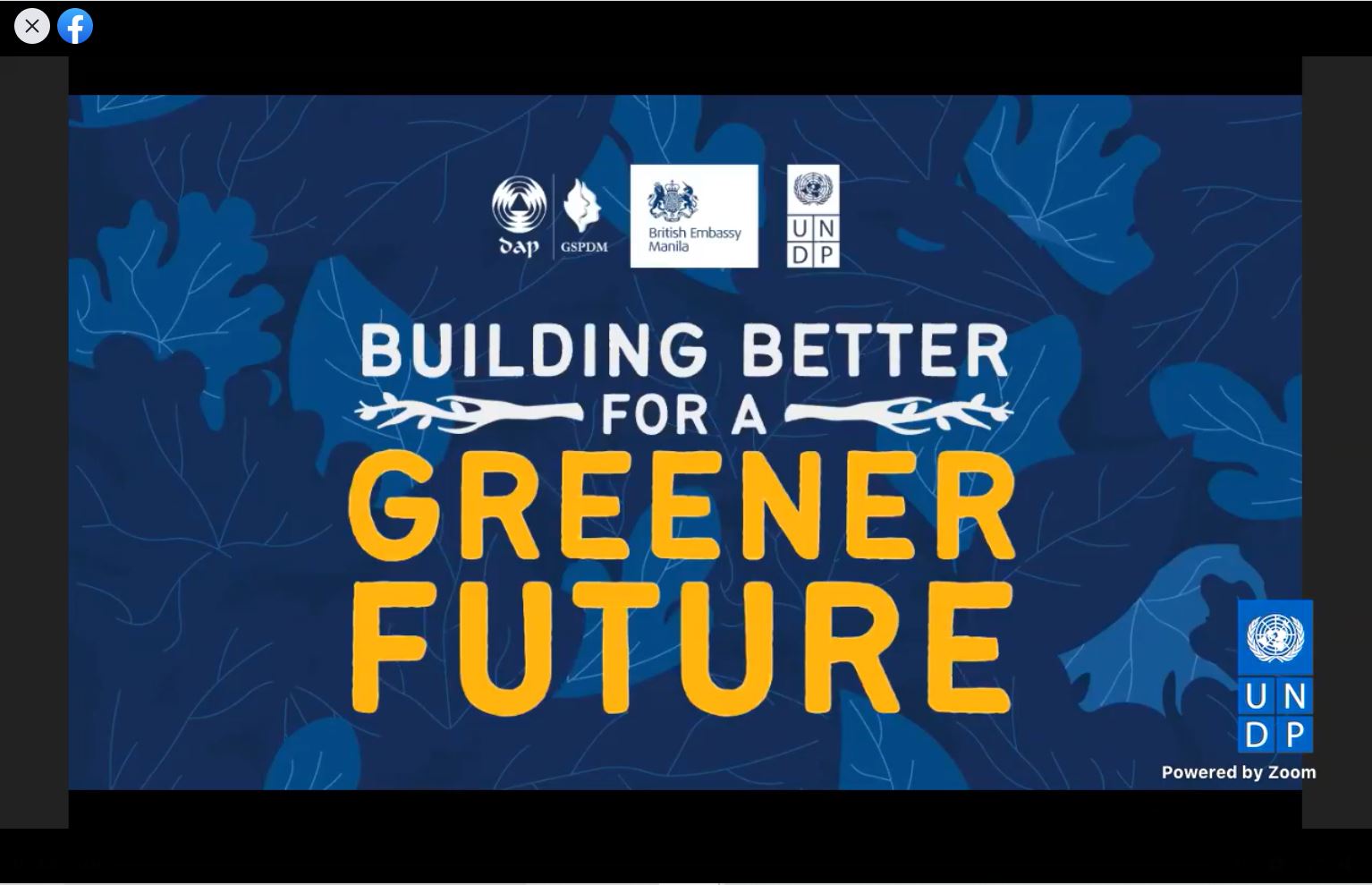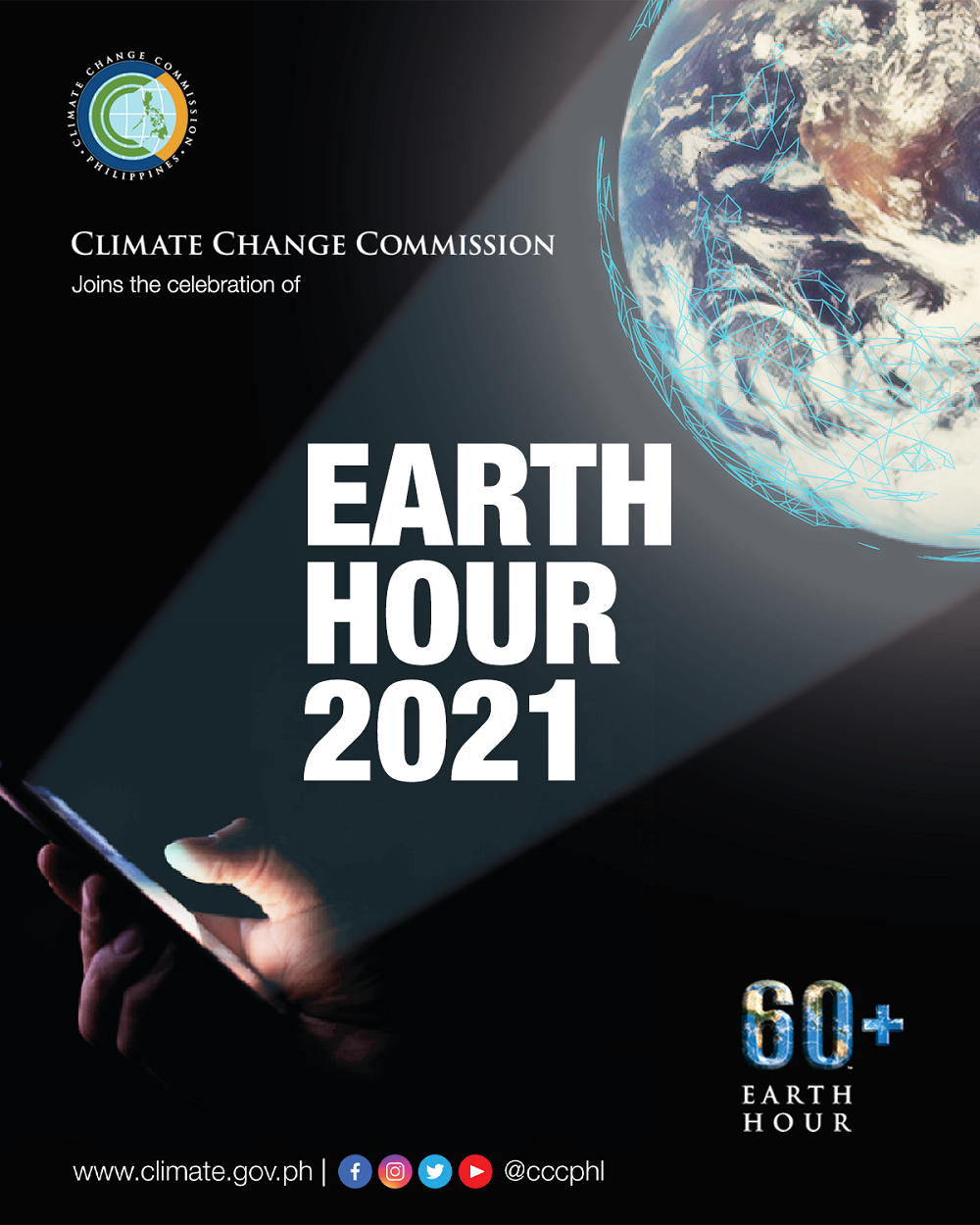MANILA, 26 April 2021 — Distinguished policymakers highlighted the pending legislation to ban single-use plastics (SUPs) during the 42nd episode of “Stories for a Better Normal: Pandemic and Climate Pathways,” with the topic, “The Single-Use Plastics Problem: Perspective from Policymakers.”
The online conversation hosted by Deputy Speaker and Antique Representative Loren Legarda was part of the Earth Day 2021 Webcast – PINASiglang Mundo held yesterday in celebration of the 51st anniversary of Earth Day aimed at driving support for planetary protection and action.
"Tayo ang may gawa ng pagkasira, ngunit nasa kamay din natin ang ating muling paghilom. May panahon pa para muli nating ibalik ang sigla ng ating kalikasan at kapaligiran," said Legarda.
The episode feature policymakers including Rep. Edgar Chatto, Chair of the House Committee on Climate Change and Representative of the First District of Bohol; Rep. Jose Francisco “Kiko” Benitez, Chair of the House Committee on Ecology Technical Working Group on Single-Use Plastics and Representative of the Third District of Negros Occidental; and Mayor Noel Rosal of Legazpi City, Albay, Focal for Environment and Climate Change of the League of Cities of the Philippines.
All three policymakers strongly advocated for the importance of urgently reducing plastic pollution and raising awareness on its negative effects on public health and the environment, and encouraged stakeholders to support legislative and local efforts on banning single-use plastic products as an effective and immediate way to address the problems of pollution and climate change.
“Walang isang silver bullet o isang magic pill na makakatulong sa atin upang mawakasan ang problema sa plastik o climate change. Kailangan nating gamitin ang lahat ng available solutions to help combat our dependency to use single-use plastic. Sa ating pananaw, una ay ang pagpo-promote sa pagsupil ng throw-away mentality. Piliin ang reuse at recycle. Iwasan ang paggamit ng secondary packaging and bring your own bags. Nakapa-importante ng mga advocacies na ito on how to make people understand the connection between health and climate change to the change of behavior because this really affects how people will look at things. If we can practice this as a way of life then it becomes a system for everyone,” said Cong. Chatto.
“Either we believe we are in a climate emergency and we cannot wait, or we feel that emergency is not sufficient to increase our stepping up in tightening our regulations on single-use plastics, given that we, as a nation, are culpable globally as a really high leakage source of plastics into the ocean and the environment,” said Cong. Benitez.
“Ang atin pong addiction sa plastic ay medyo matagal-tagal na ‘yan. To wean us out of our habit on single-use plastics ay ‘di ganoong kadali. Pinagusapan po ng TWG ng Komite, kung ano ang pwedeng gawin para mabalanse ang pangangailangan ng industriya, ang pangangailangan ng ekonomiya, at ang pangangailangan ng kalikasan,” said Cong. Benitez.
“I always believe that when you do programs for the environment, hindi lang dapat launching and picture taking then tapos na. It should be sustainable, dapat meron sustainability and continuity – 'yan ang pinakamahalaga ngayon and it should be passed on generation to generation. Like in tree planting, kailangan balikan natin para diligan at bisitahin. After a year titingnan natin kung ano pwede natin intervention. Pag gumawa tayo ng program, it should be sustainable and have continuity,” said Mayor Rosal.
Legarda, a staunch environmental advocate and author of landmark environmental laws including RA 9729 or the Climate Change Act and RA 9003 or the Ecological Solid Waste Management Law, among others, will further campaign on reducing, if not eliminating single-use plastics by engaging the academe and other stakeholders to mainstream it at the community level.
"Kung lahat ng DepEd schools ang magsisimula kasama ng LGU, siguradong 'yan ang game changer. Kasi kapag teacher na ang magsabi, 'yung mga bata sasabihin sa magulang na mag-adapt sa zero waste lifestyle. So, we will partner with DepEd, we will engage district supervisors, principals, teachers, and non-teaching personnel to have intensive training focused on single-use plastics, para sila ang maging eco-warriors and champions on the ground,” said Legarda.
As an online discussion to promote health, environmental consciousness, and climate-adaptive practices, "Stories for a Better Normal" aims to change the mindset of individuals, families, and communities by demonstrating ways in which a ‘better normal’ can be realized within our communities.
This online discussion is organized in partnership between the Office of Deputy Speaker Legarda and the Climate Change Commission, with support from the Department of Education, Philippine Information Agency, Institute for Climate and Sustainable Cities, The Climate Reality Project-Philippines and Mother Earth Foundation.
The Earth Day 2021 Webcast – PINASiglang Mundo is organized by the Climate Change Commission, Department of Finance, Department of Education, Department of Environment and Natural Resources, Office of Deputy Speaker Loren Legarda, and The Climate Reality Project Philippines, in collaboration with the Break Free from Plastic Philippines coalition, Department of Trade and Industry, Department of the Interior and Local Government, Local Government Academy, Union of Local Authorities of the Philippines, League of Cities of the Philippines, and British Embassy Manila, with support from the Philippine Information Agency, the Philippine Center for Environmental Protection and Sustainable Development Inc., Odistry, GMA Network, and CNN Philippines.
Watch the replay of the eight-hour webcast through this link: https://facebook.com/CCCPhl/videos/475342813711718/.
April 25, 2021 Sunday

